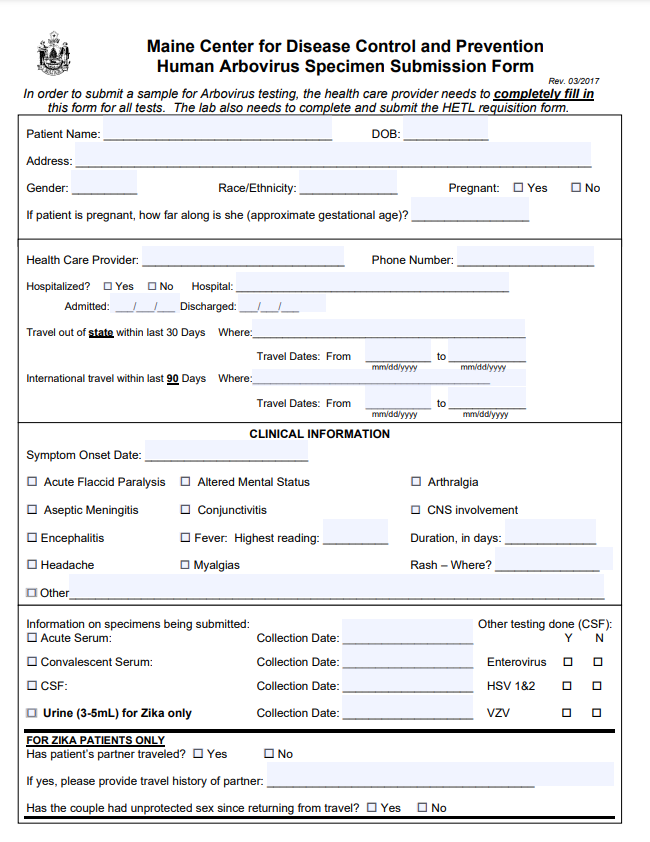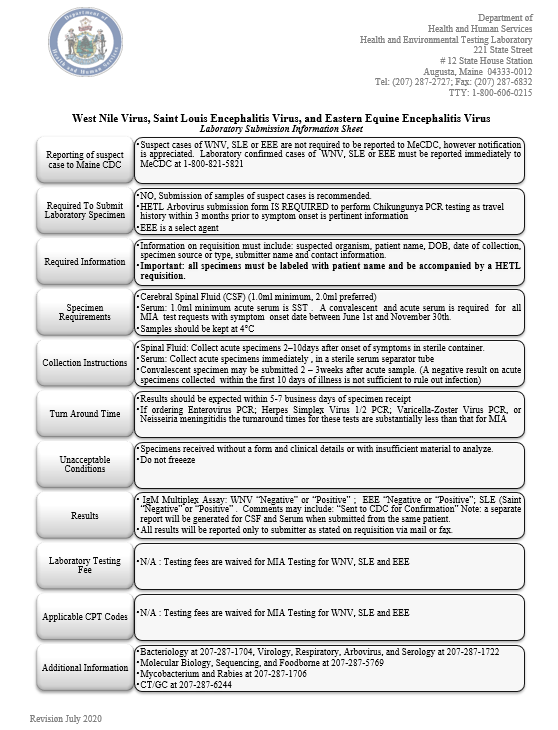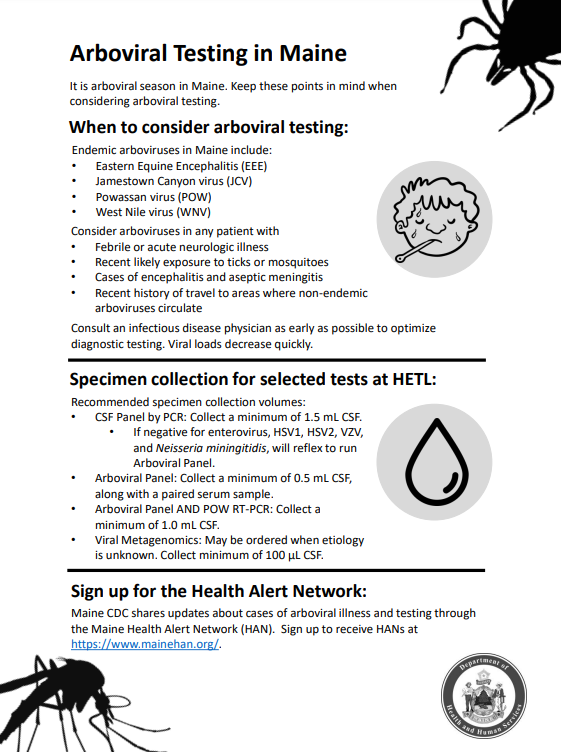DHHS → MeCDC → Disease Surveillance → Epidemiology → Vector-borne Diseases → Jamestown Canyon Virus
Jamestown Canyon Virus 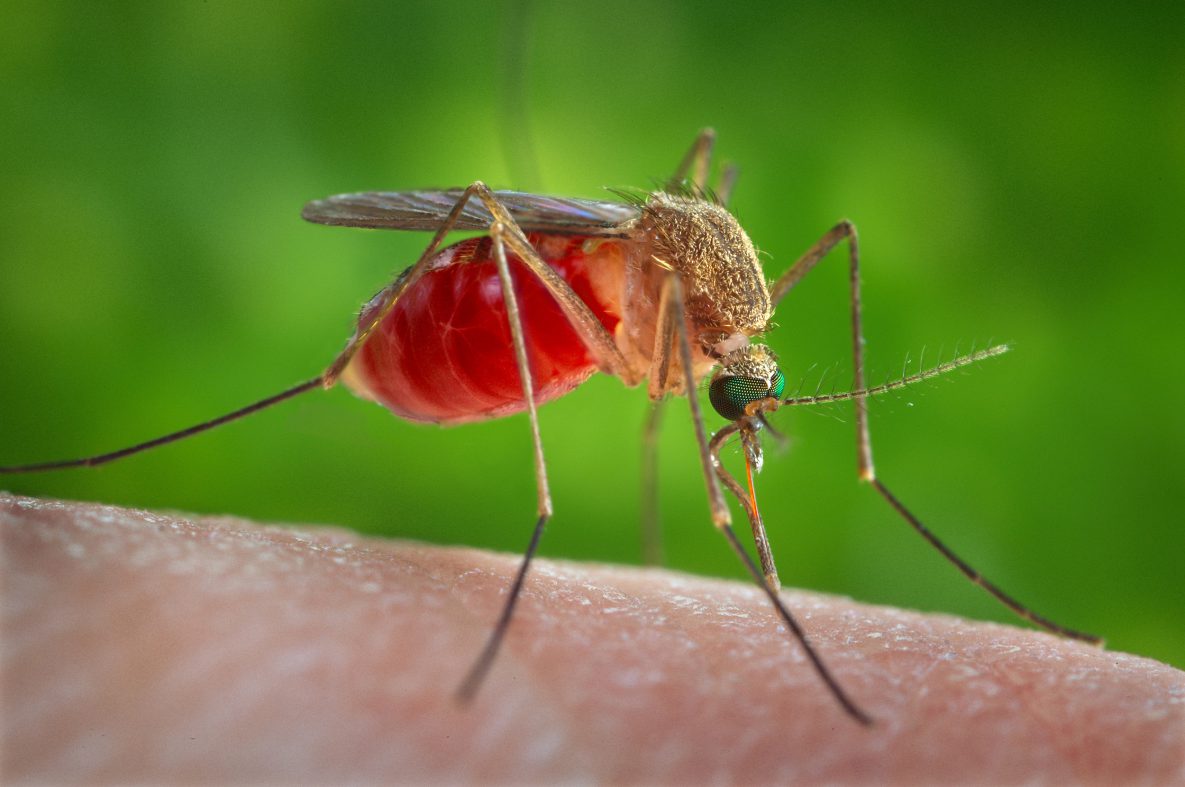
On this page:
- About Jamestown Canyon Virus
- Symptoms
- Prevention
- Resources for Educators
- Reports and Publications
- Jamestown Canyon Virus Resources
- Resources for Healthcare Providers
Photo credit: US CDC
About Jamestown Canyon Virus
Jamestown Canyon Virus (JCV) is a virus spread by mosquitoes that can cause disease in humans. Human cases are rare in the United States. JCV can also infect white-tail deer.
JCV is generally reported in the northern United States, but can be found as far south as Georgia. It can be found in mosquitoes in Maine.
JCV spreads through the bite of an infected mosquito. Anyone can get JCV, but people who spend time outdoors are at the highest risk.
Symptoms
Many people infected with JCV have no obvious symptoms. In people who do develop illness, symptoms occur a few days to 2 weeks after an infected mosquito bite. Symptoms can range from mild flu-like symptoms to severe symptoms. Some people experience severe illness. Deaths associated with JCV infection are rare.
Common symptoms include:

Fever and chills

Feeling very tired

Headache
Signs of severe disease include:

Inflammation of the brain or lining of the spinal cord

Confusion

Neck stiffness

Difficulty speaking
Prevention
There is no vaccine to prevent or medicine to treat JCV infection.
Prevent Mosquito Bites
The best way to prevent mosquito-borne diseases is to prevent mosquito bites in the first place. Take these simple steps every day to prevent mosquito bites:
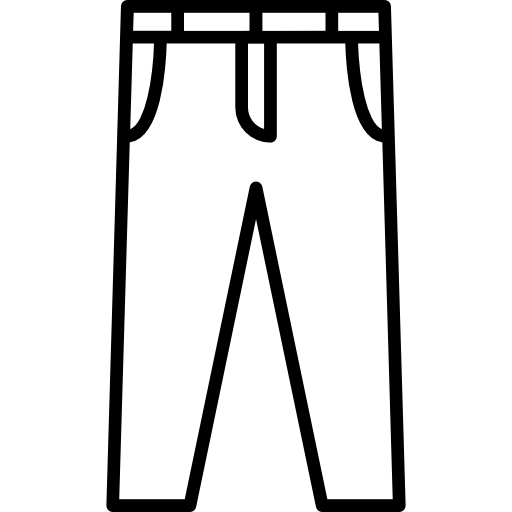
Wear long-sleeved clothing and pants.

Use an EPA-approved bug spray.

Avoid outdoor activities from dusk to dawn, when mosquitoes are most active.
Protect Your Yard From Mosquitoes
You can make your yard a mosquito-safe zone:
- Empty sources of standing water around your home, including in man-made containers.
- Discard man-made containers around your yard that can hold water. If you cannot remove them, consider drilling holes in them to keep them from holding water.
- Put plant pots, yard toys, and other containers that hold water away or store-upside down to keep them from filling with water.
- Change the water at least once every week in containers that have to hold water, like birdbaths and pet water bowls. This makes sure that mosquito larvae (baby mosquitoes) cannot grow into adults.
- Check window and door screens for holes that mosquitoes can fly through and fix them.
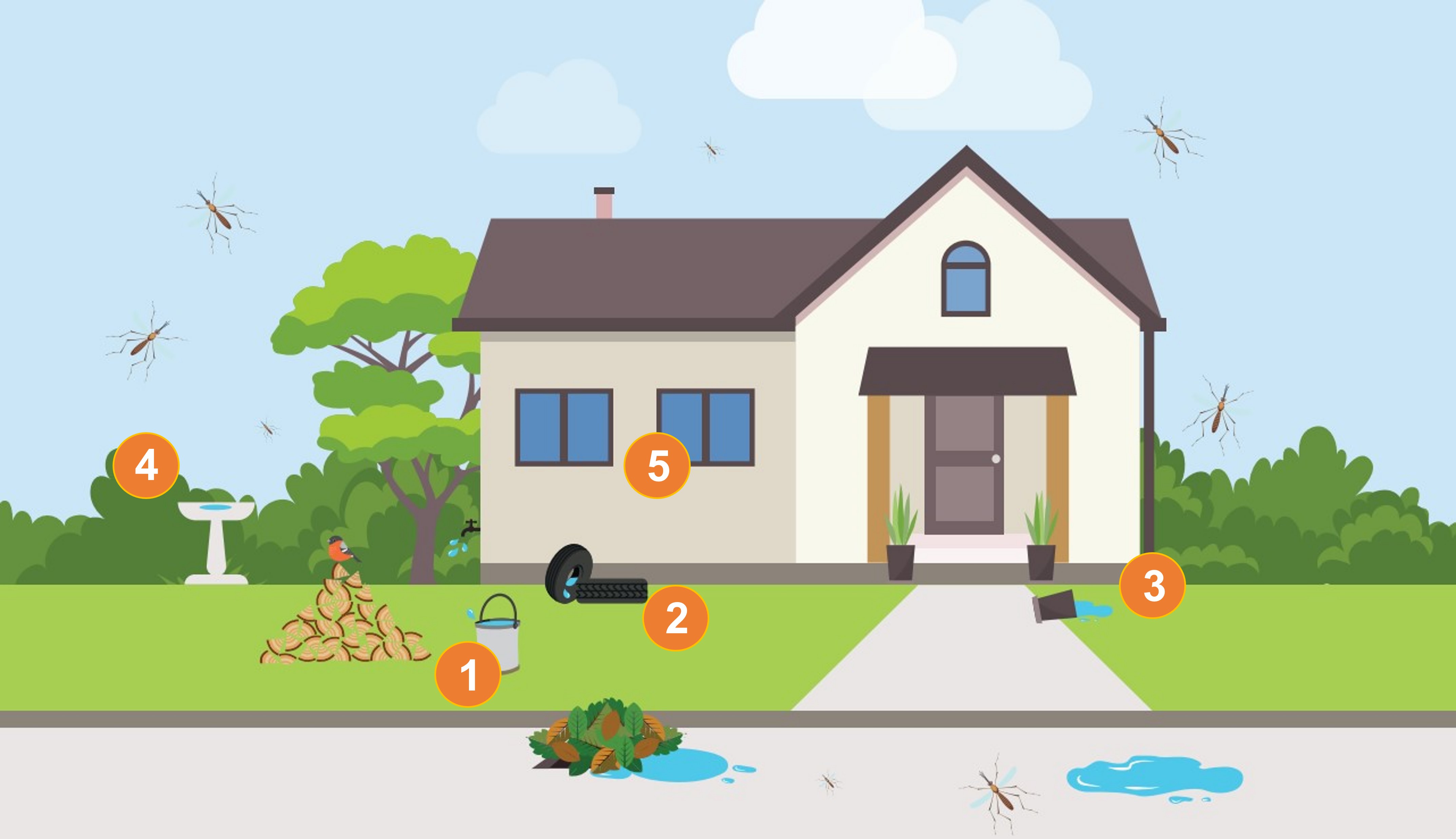
To learn more, visit Mosquito Frequently Asked Questions. Find more information about personal protection against mosquito bites here.
Resources for Educators
Maine CDC developed vectorborne school curricula for 3rd-8th grade classrooms. The curriculum is aligned with Maine Learning Results. School nurses, teachers, and other youth leaders are encouraged to use this resource in their classrooms.
Reports and Publications
JCV Surveillance Reports
Maine CDC publishes yearly data on cases and rates of JCV in humans, animals, and mosquitoes in yearly JCV Surveillance Reports. Reports are not available for years when no human cases were reported.
Arboviral Surveillance
Mosquito, animal, and humans specimens get tested for Eastern Equine Encephalitis virus (EEE), JCV, and West Nile virus (WNV) in Maine. The results are published in Weekly Arboviral Surveillance Reports from July to September each year. This data helps Maine CDC to understand where in Maine mosquitoes might be infected with tehse diseases and guide mosquito control efforts to prevent humans and companion animals from getting sick.
JCV Resources
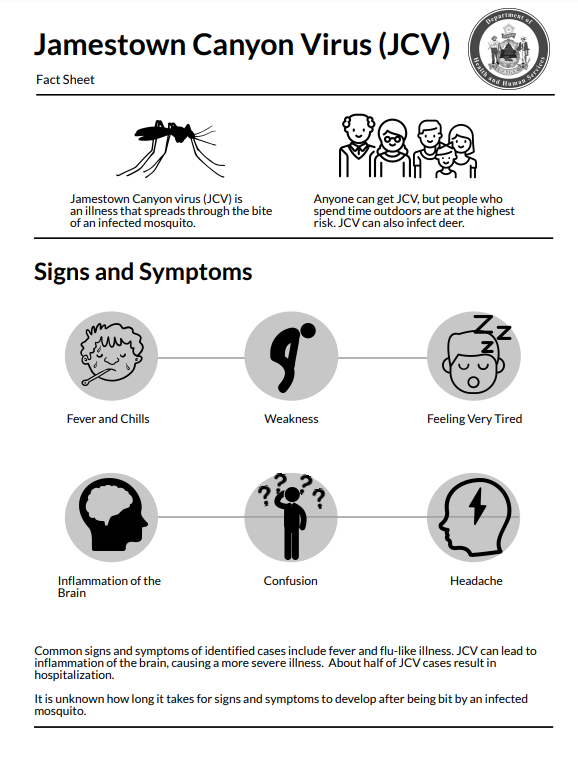
JCV Fact Sheet (PDF) | عربي | Français (PDF) | Kreyòl Ayisyen (PDF) | Kiswahili (PDF) | Lingala (PDF) | Português (PDF) | Soomaali (PDF) | Español (PDF) | Tiếng Việt (PDF)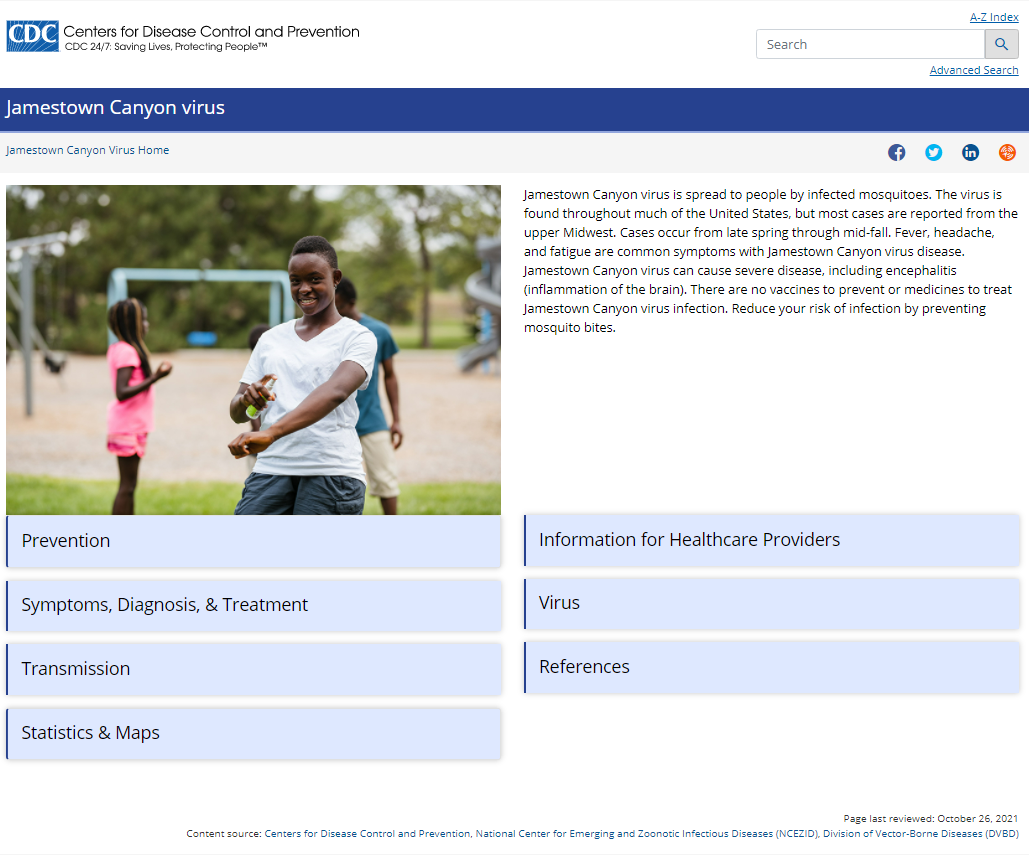
US CDC JCV Information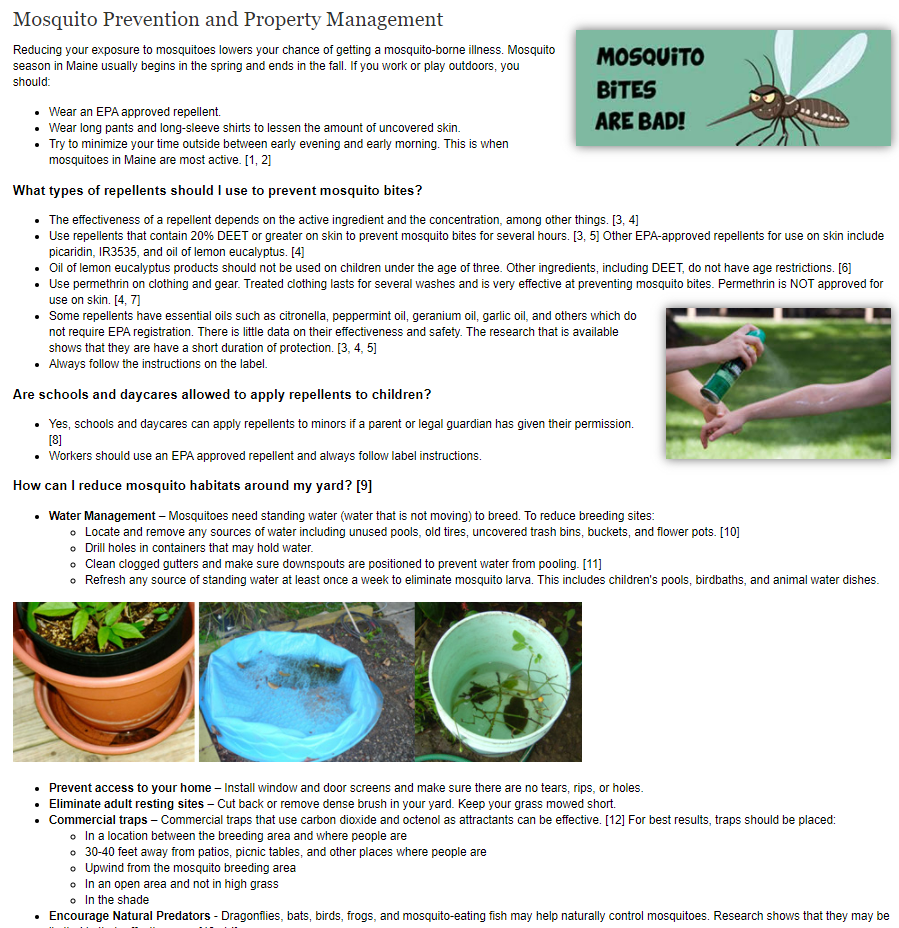
Mosquito Frequently Asked Questions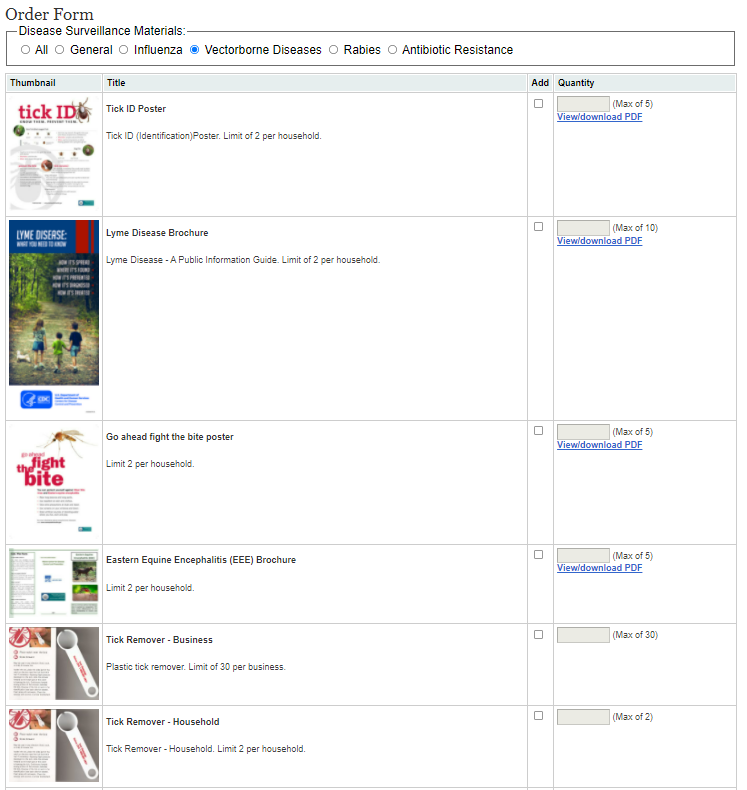
Orderable Materials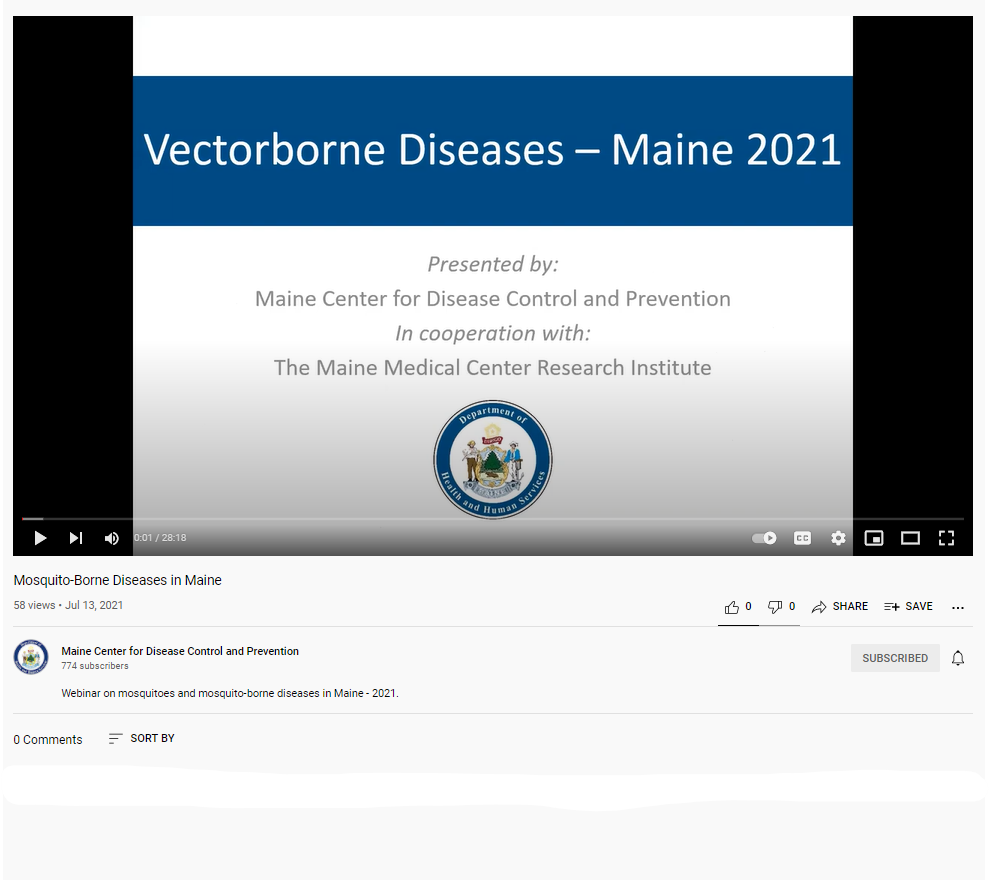
Mosquito-Borne Diseases in Maine 2024 Webinar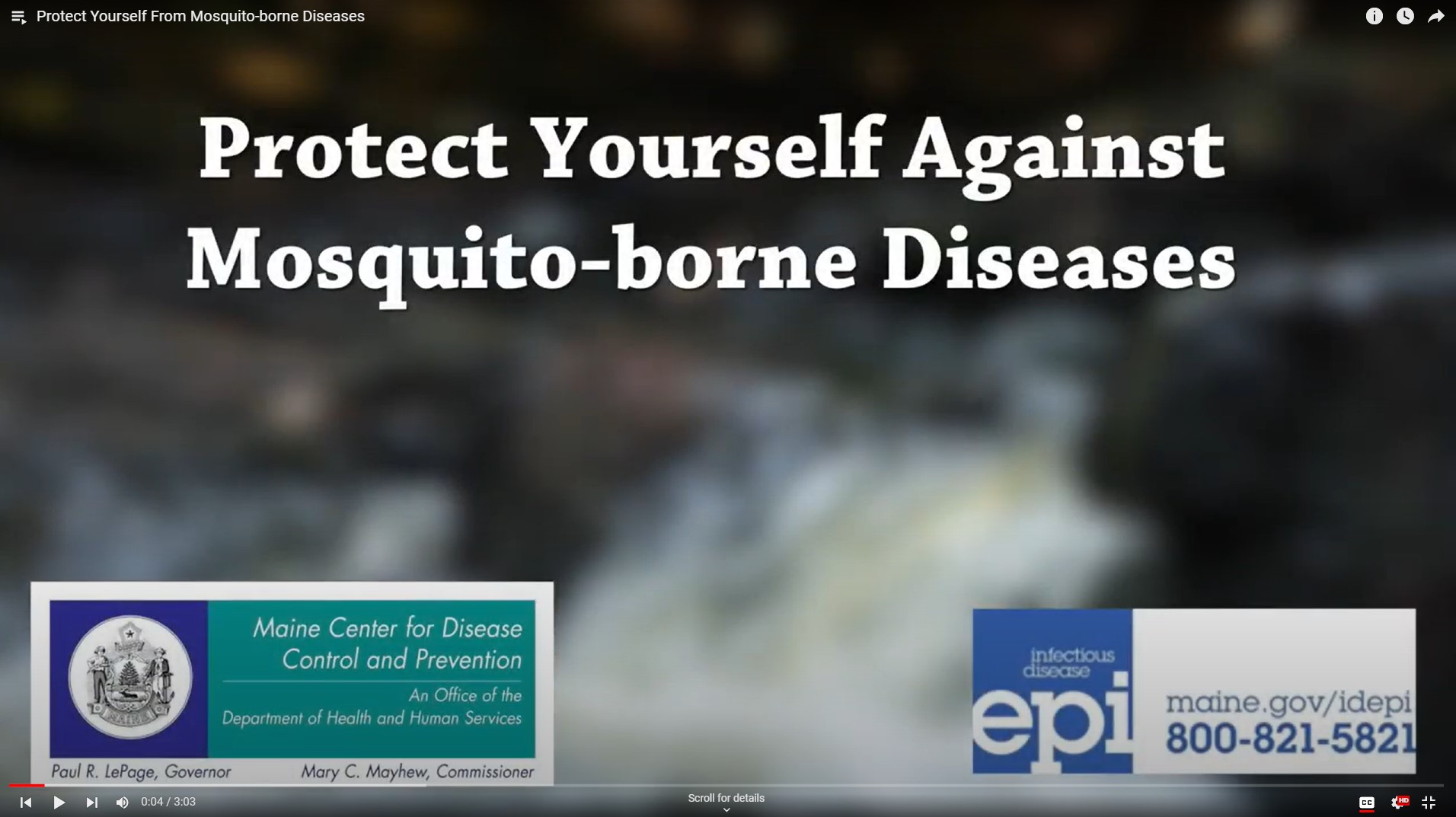
Protect Yourself Against Mosquito-borne Diseases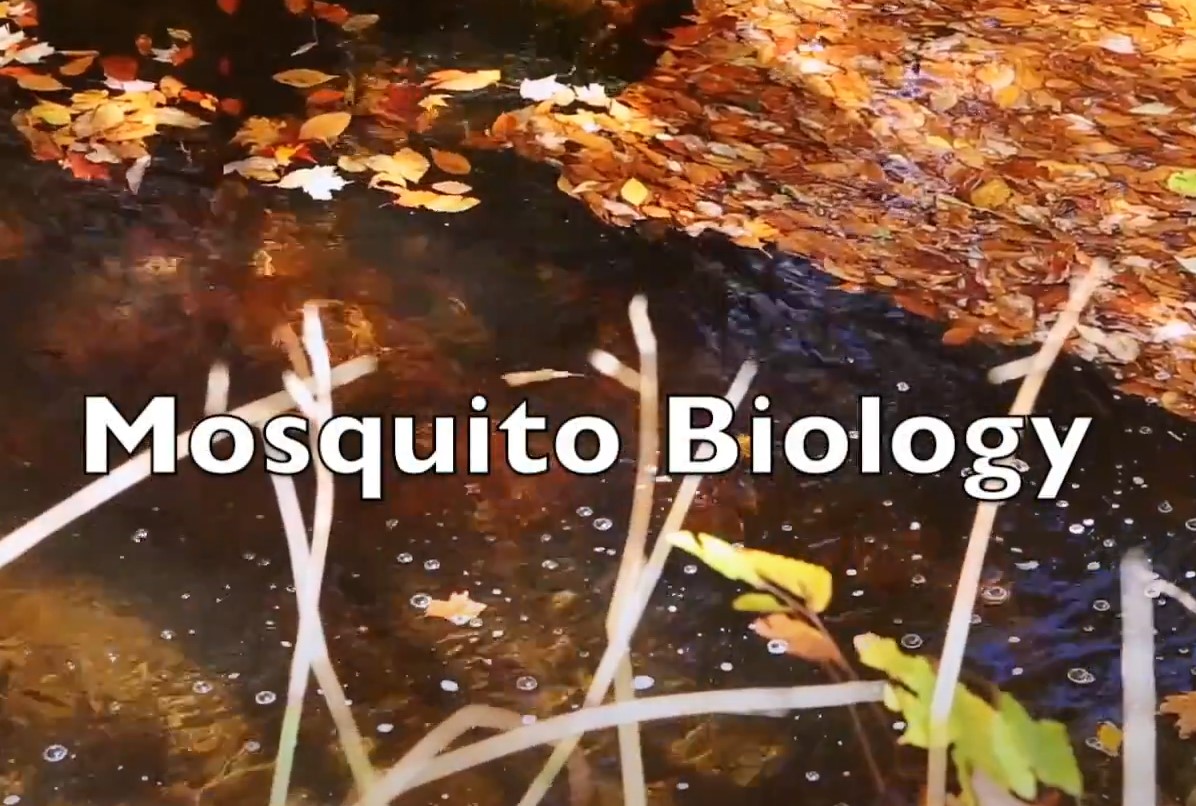
Mosquito Biology Video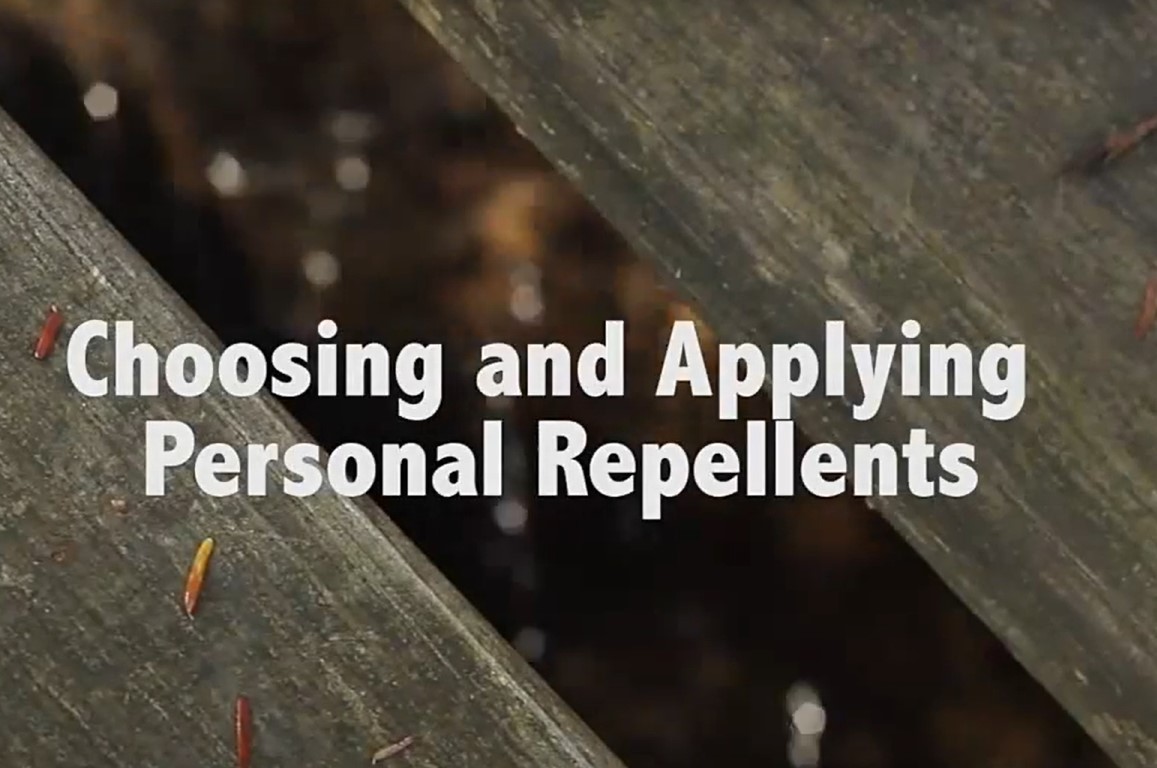
Choosing and Applying Personal Repellents Video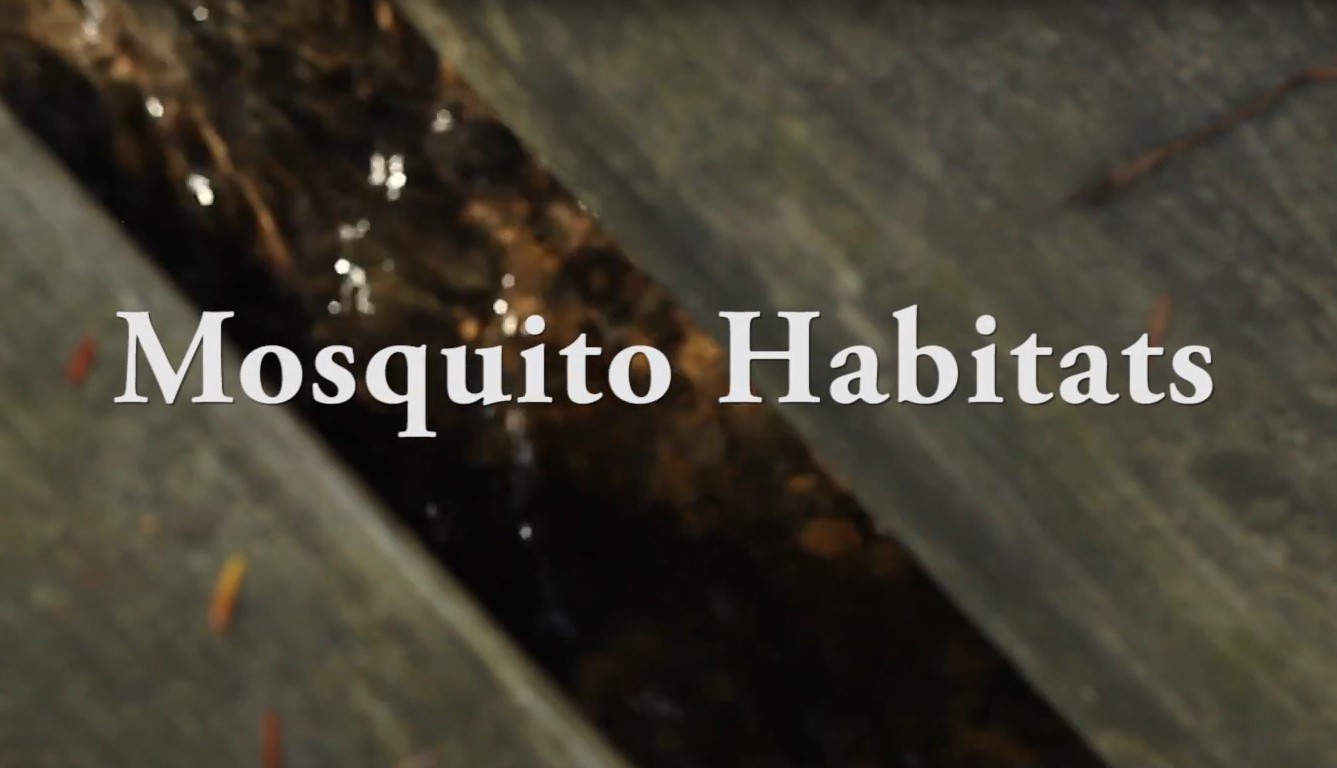
Mosquito Habitats Video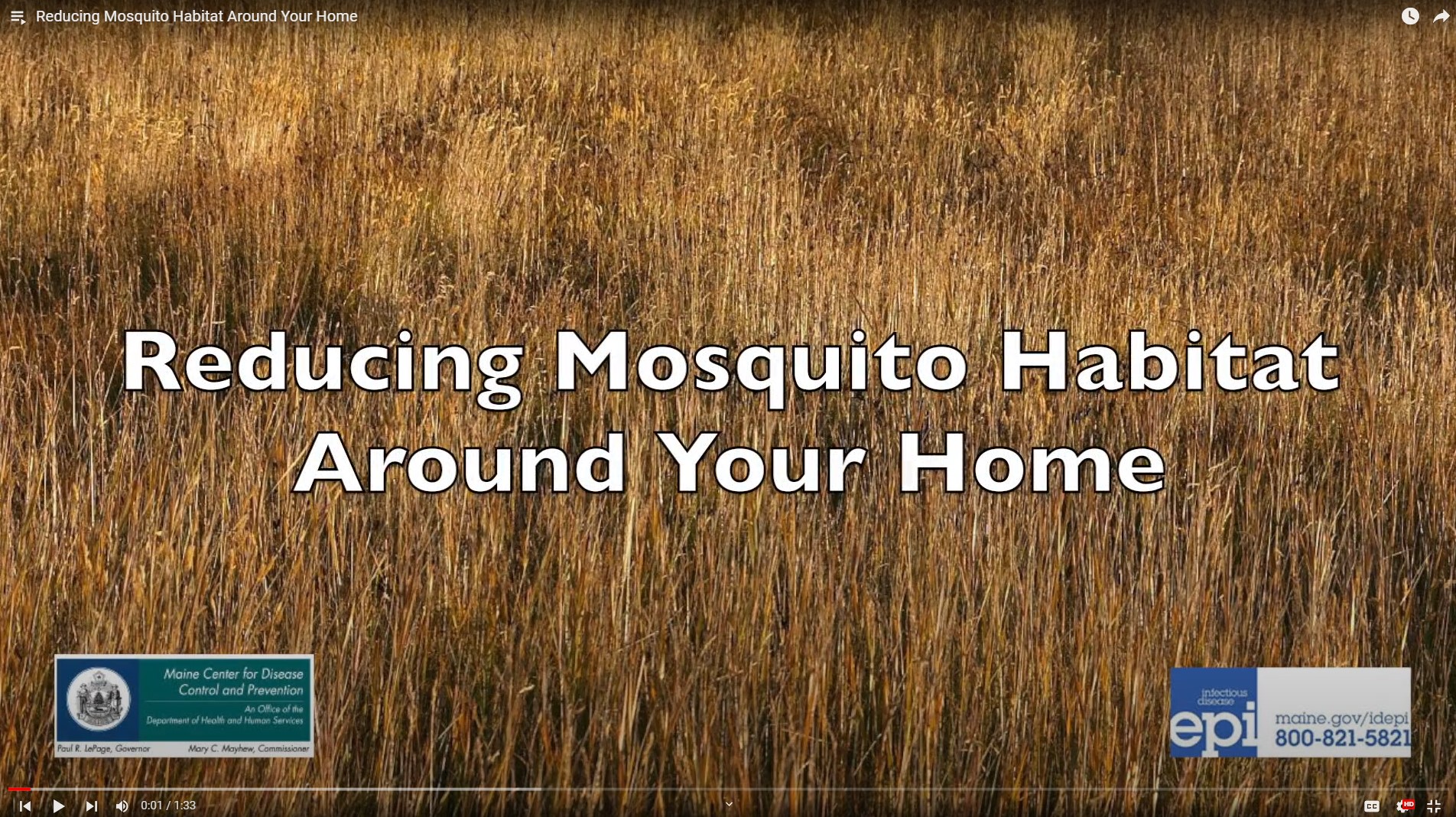
Reducing Mosquito Habitat Around Your Home Video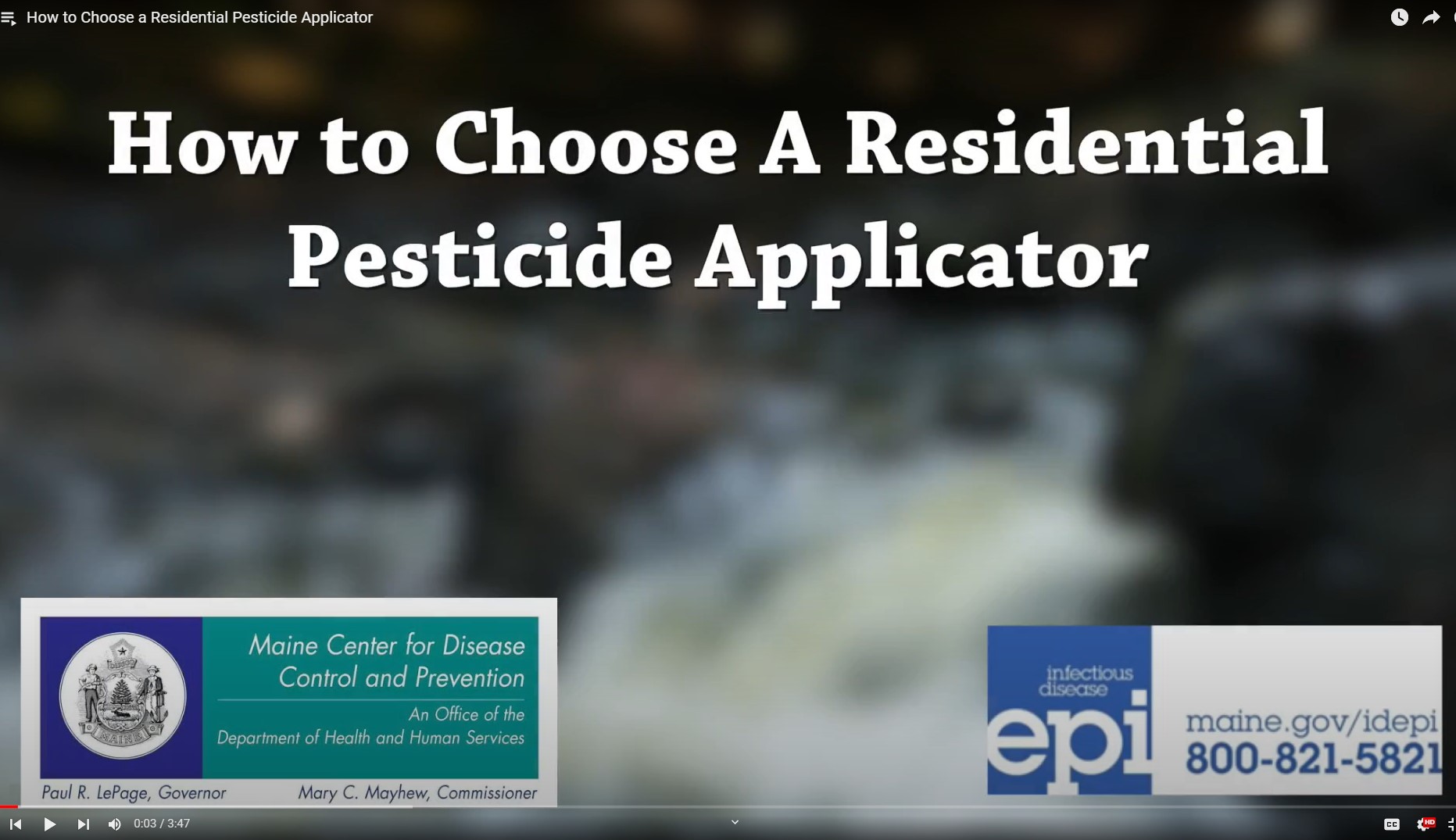
How to Choose a Residential Pesticide Applicator Video
Resources for Healthcare Providers
Icons from www.flaticon.com
